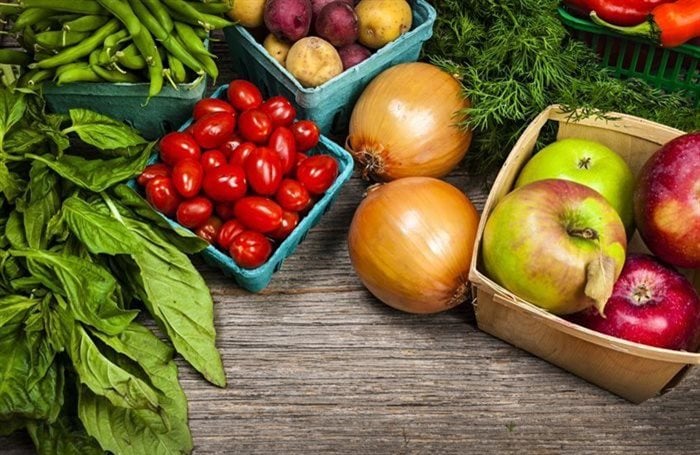
Related
Top stories

ESG & Sustainability#AGES2026: How to back Africa's next-gen green and blue entrepreneurs
Maroefah Smith 18 hours





More news






The initiative will offer technical support and a total of $300,000 in financial support. The Ignite Food Systems Challenge is a first-of-its-kind initiative to support Rwandan start-ups, small and medium enterprises (SMEs) and cooperatives to scale up their solutions, contributing to the economy while addressing different gaps in the food system. The call for applications opened on Wednesday, 5 January 2022 and will close on Friday, 4 February 2022.
The programme seeks innovative solutions that contribute to food security in areas such as resilience to shocks and stress, access to safe and nutritious food, improved food supply chains, the empowerment of smallholder farmers and the advancement of food security for all.
Selected ventures will have the opportunity to receive grant funding of up to US$50,000 as well as six months acceleration support, including connections to experts, mentors and partners, and other tailored support to address business gaps.
The Ignite Food Systems Challenge will be simultaneously running in Rwanda, South Sudan and Uganda, and is being made possible with the support of US$2m from USAID. The initiative comes at a time of worsening food insecurity in the region due to the compounding effects of rising conflict, climate change, natural disasters like droughts, floods, locusts and the Covid-19 pandemic.
Piloting, implementing and scaling innovative ideas lies at the heart of WFP and Impact Hub Kigali’s work. This programme will have an impact on promoting innovation in the food systems and advancing efforts towards achieving zero hunger in the world.
Mafer Betancourt, managing director of Impact Hub Kigali, commented: “With the Ignite Food Systems Challenge, we will provide tailored support for local entrepreneurs to scale their impact in the Rwandan food system.
“Ventures will undergo diagnostics at the start of the programme and will be able to co-design their own acceleration journey, indicating the support they require, from coaching to peer and expert support such as legal or accounting services, among others.”